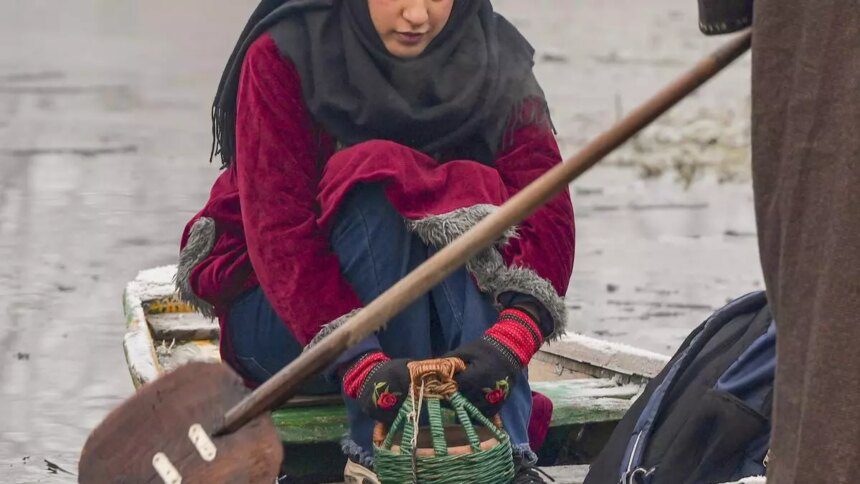On January 6, the village of Gingal in Baramulla district, north Kashmir, mourned the loss of a family of five who succumbed to suffocation in their sleep. The couple and their three children, staying in a rented space in Srinagar, had inadvertently made their room airtight while attempting to combat the frigid temperatures with a heating device.
Since the beginning of Chilia Kalan, the coldest phase of winter that lasts from December 21 to January 29, at least nine individuals have died from carbon monoxide poisoning in the Kashmir Valley. Each winter, the use of heating devices proves hazardous in Jammu and Kashmir as the carbon monoxide released diminishes oxygen levels, often leading to tragic outcomes.
To weather the harsh winters, Kashmiri residents utilize a variety of heating solutions—from traditional fire pots and coal-burning heaters to modern electric alternatives. The Kangri, a traditional portable fire pot, remains particularly popular in both rural and urban settings. Every year, individuals burn fallen leaves and twigs to create charcoal, which is then used for heating in these Kangris. However, improper usage of such devices has dire consequences, including fatalities and serious health conditions such as cancer. One notable type is Kangri cancer, a heat-induced squamous cell carcinoma affecting the skin, which has been increasingly observed in the region. The Sher-I-Kashmir Institute of Medical Sciences (SKIMS) has recorded over 400 cases of skin cancer in recent years, with many linked to the extended use of Kangris.
In response to the growing instances of carbon monoxide poisoning, SKIMS has issued a safety advisory urging residents to take precautions when using heating appliances. The advisory emphasizes the importance of ventilating living spaces and recommends against the indoor use of charcoal and gas geysers or heaters.
Chief Minister Omar Abdullah has reminded the public to exercise extreme caution while using heating devices and to follow government advisories. Meanwhile, senior CPI (M) leader Mohammad Yousuf Tarigami has advocated for the distribution of carbon monoxide sensors to households at subsidized rates. “The government should formulate a policy to provide these sensors affordably through local agencies,” Tarigami stated.










